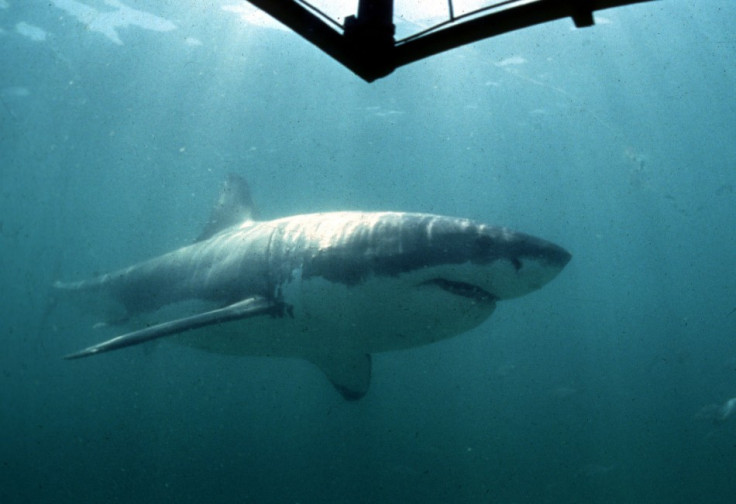Shark attack in Cornwall: reports of sightings of whitetip shark confirmed

The harbour master's office in St Ives, Cornwall has confirmed today that two people on separate boats called in reports of sightings of an oceanic whitetip shark around two weeks ago. The sightings were both made by fishermen, only a mile offshore from St Ives.
Ian Bullus, a 60-year old fisherman told Metro that the shark rapidly swam towards him before it rammed his boat, "then its head came out of the water by about a foot,' he said. 'It was aggressive and we don't tend to have aggressive sharks in these waters.' He told the newspaper.
Simon Freemen also a fisherman, was in a second boat the day of the attack and allegedly said: 'I am 100 per cent sure it was an oceanic white tip.
However, a spokesman for the harbour master in St Ives played down the reports by insisting that they were not '100%' sure yet if the sharks spotted were oceanic whitetips.
Following the allegations experts said it was unlikely to have been an oceanic white tip as to date there have been no confirmed sightings of oceanic whitetips in UK waters.
The species is normally found in deeper waters, away from the coast, and far further south as they usually survive in temperatures of between 18C and 28C.
Richard Peirce, chairman of The Shark Trust, said the shark could have been of a different species, such as the mako or basking shark.
"Even if I decided to believe this angler's account completely, it's impossible to confirm without some form of evidence - a photograph, video, body, tooth or bone that we can extract DNA from," Mr Peirce told Sky News Online.
"But it's very difficult even for an expert to identify.
"Even at the height of British summer, when the water temperatures reach 17C or 18C, it is right at the edge of what they can take" Mr Peirce added.
Matt Slater, curator of the Blue Reef Aquarium in Newquay, said the reported sightings were "exciting" before warning: "It is fairly unlikely that one would come up here, but it is possible."
© Copyright IBTimes 2025. All rights reserved.




















